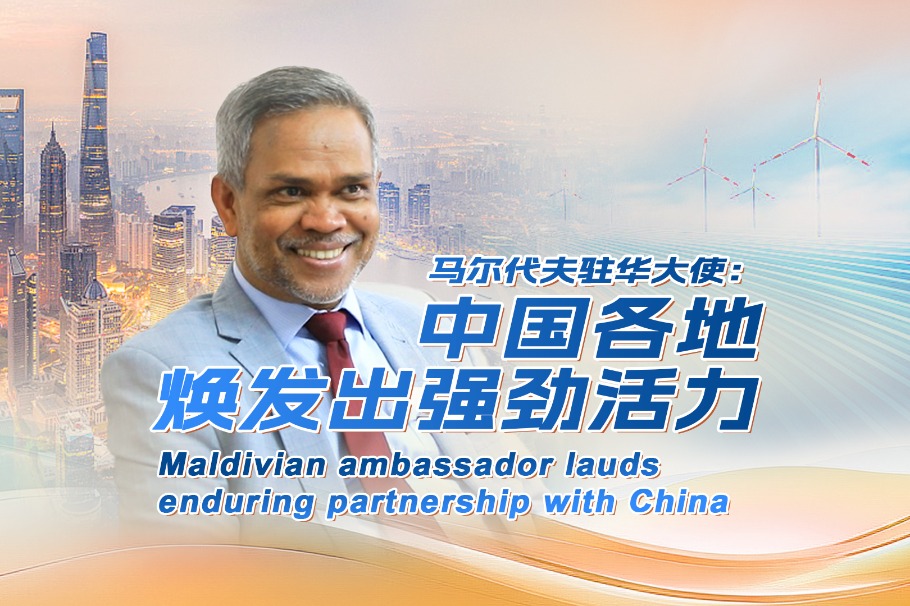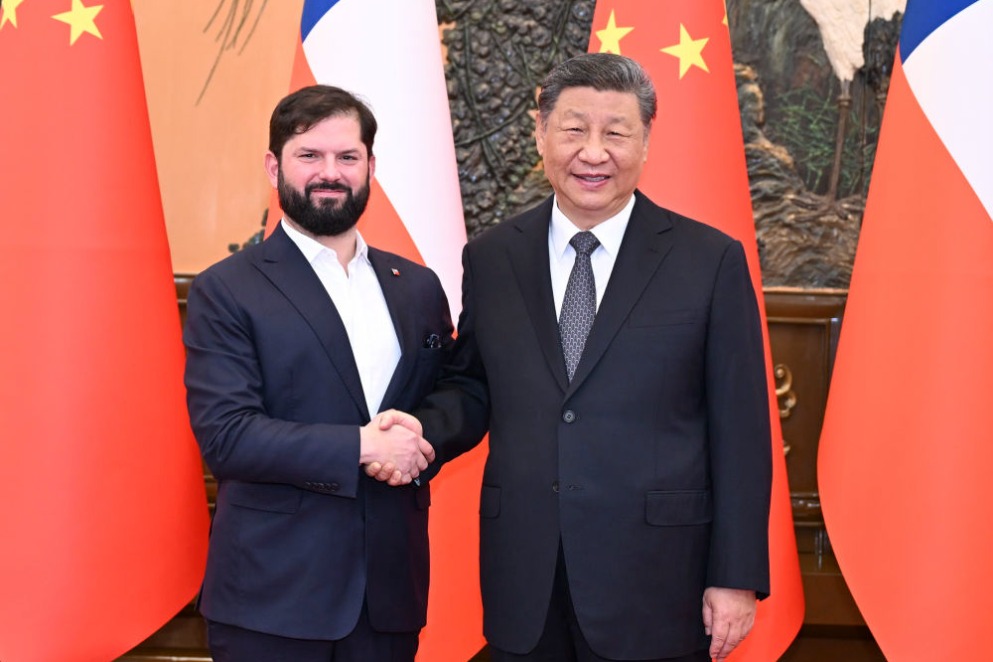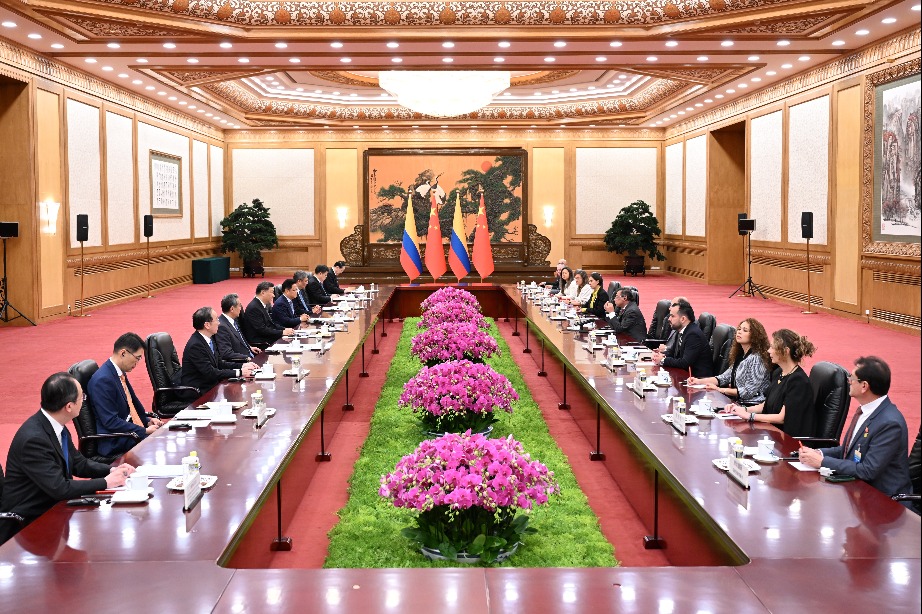Africa's prime learning destination


The continent's education cooperation with China continues to grow
Africa-China relations continue to prosper, reinforced by solid pillars such as loans, investment, trade, large-scale construction projects, mutual support in international affairs and, more recently, vaccines and health assistance.
China has grown its presence in Africa, particularly over the past two decades, by providing loans, investing in areas shunned by the West and standing by African countries such as Zimbabwe and Sudan in the United Nations Security Council and other multilateral platforms. And education is increasingly emerging as a crucial pillar in Africa-China relations and an important area of cooperation.
The Forum on China-Africa Cooperation set up in 2000 had education as one of its focus areas. And China has been using the FOCAC summits to announce the provision of scholarships since 2009. This has seen an increasing flow of African students into Chinese universities on both Chinese government scholarships and self-sponsorships. African students accounted for 16.57 percent of China's 492,185 international students in 2018.
After the 2015 FOCAC Summit, China pledged 30,000 scholarships for African students. It is now only second to France in terms of the number of African students in its higher-learning institutions, having overtaken the United States and the United Kingdom which were hitherto the main destinations for African students.
Moreover, China is also collaborating with African universities in countries such as Kenya, Cameroon, South Africa, and Uganda among others to set up Confucius Institutes. Till now 54 Confucius Institutes-the purpose of which is to facilitate cultural exchange through the teaching of Chinese language courses-have been established across Africa. The Confucius Institute established at the University of Zimbabwe in 2006 has produced over 2,000 Chinese language graduates.
There are also plans to make Mandarin, the official Chinese language, part of the school curriculum in Uganda and South Africa. In fact, South Africa is considering introducing Mandarin as an elective subject in secondary schools, while Uganda seeks to go a step further by making Mandarin compulsory. In addition, the Chinese government has also helped set up a number of Agricultural Technology Demonstration Centers around Africa meant to transfer agricultural skills to Africans. Technology companies such as Huawei and ZTE have also opened training centers to train Africans in digital technology.
Africa-China cooperation in education is strategic and mutually beneficial. Africa's capacity to supply tertiary education to its young population is severely constrained. Sub-Saharan Africa is one of the largest regions in the world with a gross tertiary education enrollment ratio of a meager 9.4 percent, way below the global average of 38 percent. Consequently, Africa contributes merely 1 percent of global research output while comprising over 16 percent of the global population. The undersupply of tertiary education will undermine Africa's prospects of achieving one of the United Nations Sustainable Development Goals aimed at providing universal, inclusive and higher quality tertiary education.
Besides, improving tertiary education and Africa's scientific research capacity is one of the main goals of the African Union's Agenda 2063. Tertiary education is going to be vital in expanding Africa's skills base which will provide a strong impetus to Africa's development take-off. Therefore, China is a strategic partner helping Africa equip its young people with the necessary skills in the fields of science, technology, engineering, and mathematics. Having African students in Chinese universities may help boost China's image in Africa, and Africa will benefit much from the skills acquired by these students in China.
China and Africa's education cooperation has been viewed in the context of the US-China competition for global influence. Being an education destination of first choice for international students is certainly one of the ways to achieve global influence. While the US still has over a million international students in universities compared to China's 492,185, the latter has overtaken the US as African students' destination of first choice. The cost of education in the US is just beyond the reach of the majority of African students. And the US and Europe visa regimes are said to keep out African students by asking for proof of funds in advance.
Further, China's breakthroughs in sci-tech research and development have made its universities attractive. The country has eradicated abject poverty, managed to produce COVID-19 vaccines in record time, while its companies such as Huawei are on the cutting edge of digital technology. These factors reflect positively on the country's educational institutions. Moreover, China offers study programs that train African students in relevant skills in technology, science, health and engineering, which are most scarce in Africa. Hence African governments are willing to cooperate with China.
The US and other Western countries already have a comparative advantage in terms of language and culture which they can leverage in attracting African students. However, their visa regulations and scholarships granted to African students do not provide a much-needed financial cushion for prospective students. China works with African governments to establish what skills are most relevant in the African context, engaging Africa on the basis of its strategic needs. Thus, Africa-China education cooperation should not be seen as part of the geopolitical competition between China and the US. It is truly beneficial to the development of African educational institutions.
The author is director of the Center for Africa-China Studies at the University of Johannesburg. He is the author of Reflections on the Global Village. The author contributed this article to China Watch, a think tank powered by China Daily. The views do not necessarily reflect those of China Daily.































